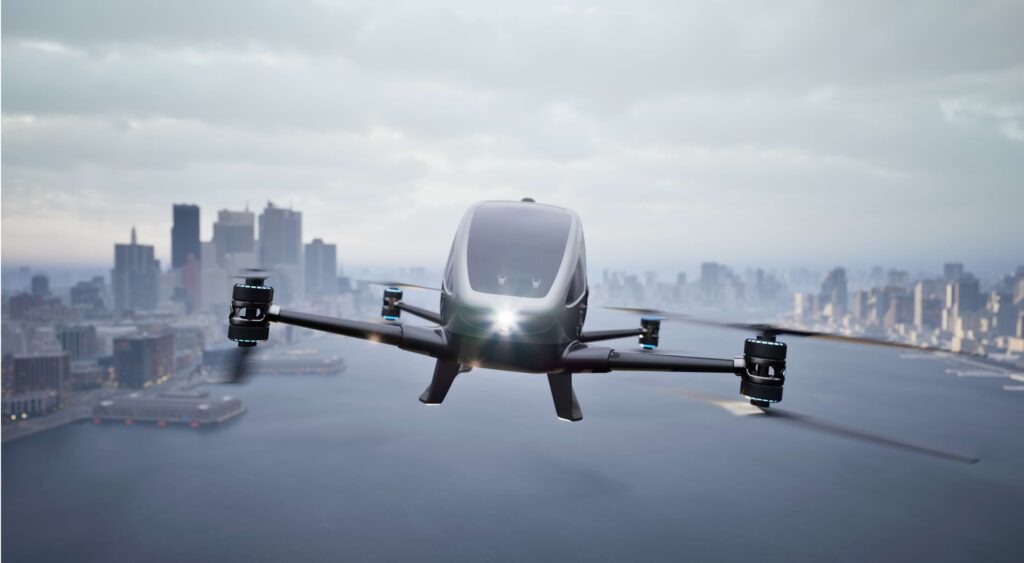Winter, S., R., Rice, S., and Lamb, T., L (2020).
Journal of Air Transport Management, 101926.
As companies begin to consider new alternatives to urban transportation and urban air mobility, one method under investigation is autonomous air taxis. Literature indicates that people, in general, have positive attitudes towards innovation and new technology. However, complex factors determine their willingness and speed in acceptance. The objective of this study was to examine which factors significantly forecast consumer willingness to fly in autonomous air taxis. A quantitative methodology and non-experimental design were accomplished using 510 participants to develop the regression equation and assess model fit. Six significant predictors of consumer willingness to fly in autonomous air taxis were found: familiarity, value, fun factor, wariness of new technology, fear and happiness. Three additional analyses were assessed using an independent sample of participants, revealing strong model fit. Few previous studies have provided a quantitative assessment of which factors significantly predict consumer willingness to fly in autonomous air taxis. The study contributes to the body of knowledge by identifying six significant factors which account for over 76% of the variance. These findings may help the industry, manufacturers and regulators identify the types of individuals most willing to try this new form of transportation and provide more information on the type of consumer most likely to buy in to this new form of transportation.

